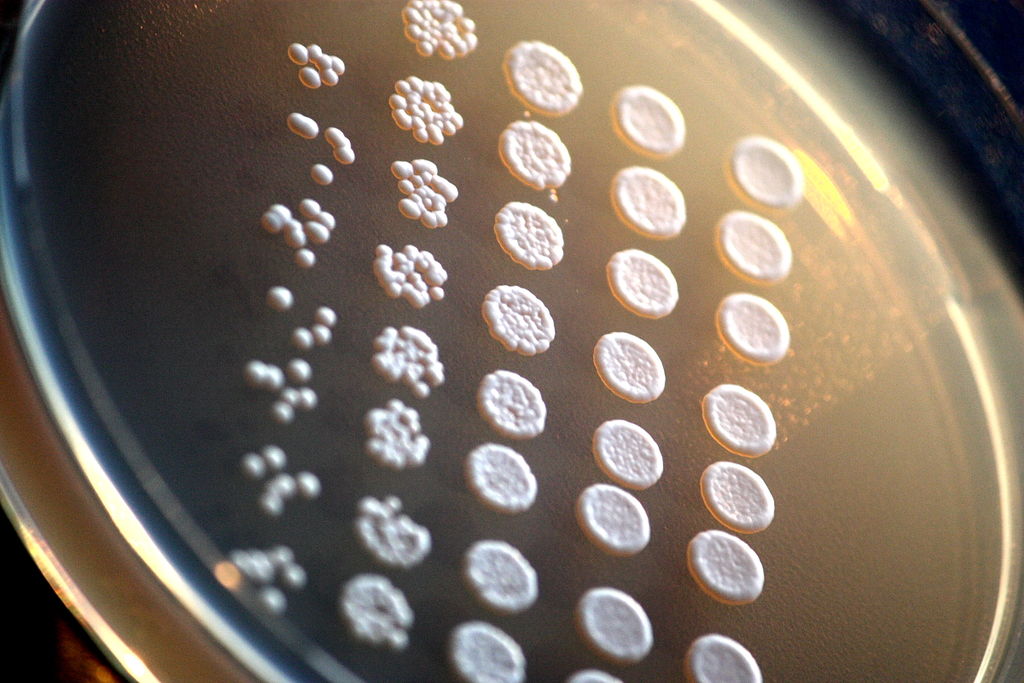On today’s ID the Future Darwin Devolves author and biologist Michael Behe discusses two recent technical papers that the news media billed as dramatic evidence for evolution. As Behe explains in his conversation with host Eric Anderson, a careful look at the papers themselves shows that both cases involve devolution. That is, the biological forms in question did not evolve novel structures and information; instead they threw away things to achieve a niche advantage. In the first study, in the journal Nature Microbiology, the researchers found that in Africa, where “most rapid diagnostic tests (RDTs) for falciparum malaria recognize histidine-rich protein 2 antigen,” the malaria parasite has repeatedly evolved a way to sometimes elude detection, giving it a selective advantage, since this sneakier form of the parasite is less likely to be treated with anti-malaria drugs and eliminated. But what gets lost in the media hype is that the trick is managed by deleting histidine-rich protein 2 (pfhrp2) and 3 (pfhrp3) genes—devolution. A similar story unfolds in a Current Biology article focused on the yeast S. cerevisiae. Behe says the thinking used to be that, as an earlier and simpler evolutionary form, it was no wonder this yeast had fewer introns than later, more sophisticated organisms higher up the evolutionary tree. But as Behe underscores and as this recent paper argues, it looks instead like the yeast devolved, tossing off genetic information to achieve a niche advantage while sacrificing functionality outside the niche. But evolution’s grand tree-of-life story requires constructive evolution, not more and more cases of organisms tossing parts overboard. Instead, here we have two more examples strengthening Behe’s thesis that devolution dominates the biological scene, swamping by many orders of magnitude cases of genuine, complexity-building evolutionary mutations (if any such exist), rendering the prospect of substantive constructive evolution hopeless.




